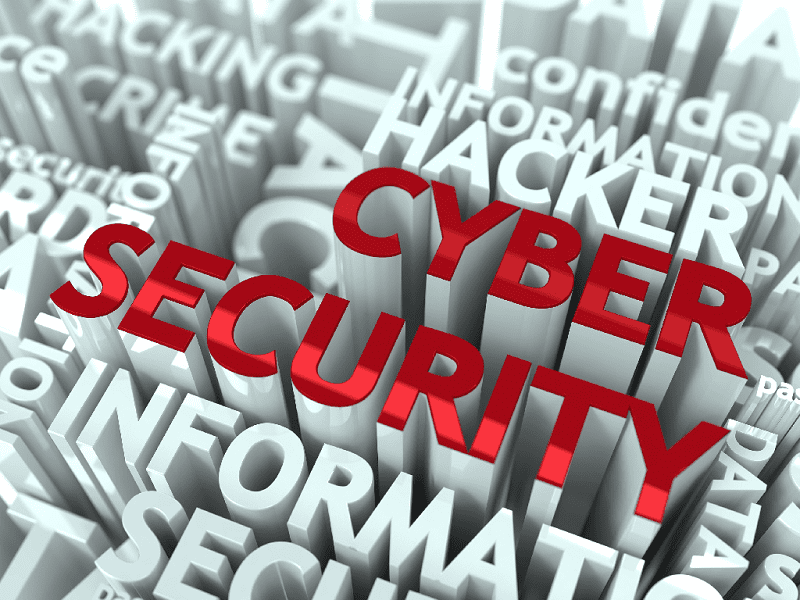
Table of Contents
Back in January 2015, we wrote a four-part article about cybersecurity tips for small business. The article looked at the four parts of a great security strategy: anti-malware, firewall solutions, anti-virus and patches and updates. This information is still very relevant so we want to review the importance of cybersecurity and provide some basic tips.
8 Cybersecurity Tips To Protect Your Company
Stay in communication with your IT contact and keep them informed
In part one of our article, we told you about how a client’s employee brought in a computer from home that was badly infected. We didn’t learn about it immediately and the infected computer hammered away at the firewall until it overwhelmed it and caused havoc throughout the network. This could have been avoided with clearer policies and better communication.
Maintain anti-malware software on every computer.
Malware refers to a variety of hostile and intrusive software that include computer viruses, worms, Trojan horses, ransomware, spyware, adware, scareware and other malicious programs. Hackers use malware for a variety of activities such as stealing identity information for fraudulent purposes. Anti-malware protects you against hackers and their schemes.
Keep your anti-malware software current.
Hackers are always devising new ways to hijack your computer and access your sensitive data. Thus, patches and updates for new malware protection are always being added to the software. Unless you continuously update your anti-malware, you won’t have protection against hackers’ latest schemes.
Monitor your security.
With hackers targeting online sites and hiding malware in them, adjustments regularly need to be made to keep you on guard when users are working online and accessing emails. To help businesses in their security monitoring, we create and review automated security reports and provide remote monitoring and management (RMM) that minimizes downtime and speeds up computers.
Use a firewall to protect your business.
Your firewall is designed to keep your network secure by placing a barrier between it and other networks. There are many ways hackers can get into your computer and it is all too easy to click on a link that you think is trusted only to find out it can harm your network and compromise your data. The firewall can help to detect the risk and block it.
Create a comprehensive security strategy and stick to it.
Get help from an experienced IT professional and develop a plan for your security. But don’t forget about the plan once it is done. Your security is working well when you don’t have any problems. To keep it that way, you need to continually stay on top of your security and tweak your strategy based on new developments. One way to do this is with the Security component of our Managed IT platform.
Install anti-virus software for added security protection.
This is a disputed tip because some people don’t think anti-virus is needed anymore. However, anti-virus software still detects 45% of virus infections. Besides, it is cheaper and faster than in the past. Always use anti-virus in conjunction with a managed firewall, anti-malware software, and a patch management service, which is part of our RMM service.
Upgrade your Windows OS and other software with the latest versions.
Some software will have automatic patches and updates installed but there are many situations where these fail. Meanwhile, the user often continues working at risk and is unaware of the failure. Patches and updates are built into your OS and other software when you upgrade so you stay secure.
Staying secure is essential for your business. Your ability to work productively and maintain a solid reputation depends on it. Boost IT provides managed IT services that include security and monitoring features that help you stay secure.